HAAG Certification
In the roofing industries, the phrase "Haag Certified" carries a lot of weight. It indicates that you can effectively and efficiently inspect and assess damage.



What HAAG Certified Means?
Commercial Roof Certification
In the Haag Certified Inspector – Commercial Roofs program, you’ll learn to assess damage to all major types of commercial (low-slope and flat) roofing systems. You’ll become well versed in inspection safety, roof area calculations, codes and industry standards, and weather characteristics. For each roofing type discussed, instructors profile manufacture, installation, weathering, hail damage, wind damage, maintenance, mechanical damage, and repair costs. The course covers built-up roofing, polymer-modified bitumen roofing, thermoplastic single-ply roofs (PVC and TPO), thermoset plastic single-ply roofs (EPDM, CSPE, PIB), SPF roofing, metal roofing, vegetated (green) roofing, low-slope roofing components, and roof coatings. Case studies illustrate real-world inspection scenarios.
Residential Roof Inspector Certification
The Haag Certified Inspector – Residential Roofs program is designed to make you highly proficient with all major types of residential (steep-slope) roofs. You’ll learn how hail and wind interact with roofing, inspection safety techniques, roof area calculations, and applicable codes. You’ll also gain comprehensive understanding of manufacture, installation, weathering, hail damage, wind damage, maintenance, mechanical damage, and repair costs for each major roofing type — composition, wood shingle/shake, concrete and clay tile, asbestos, fiber cement, and various synthetic, slate, and metal roofing types. Real-world case studies make the information vivid and memorable.
Wind Damage Inspector Cerification
Holding Haag’s Wind Damage Certification will show that you have an advanced understanding of wind types and related wind effects, for the purpose of accurately inspecting and assessing an entire building following a wind event. Participants gain an in-depth understanding of all types of wind events (straight-line, tornadic, down-burst, hurricane) and their effects on major types of steep-slope and low-slope roofing systems. They also learn advanced techniques to evaluate and document damage to an entire building envelope (not just the roof) following a wind event. Futher, students develop the skills to differentiate wind damage from conditions caused by other factors, both natural and mechanical.
